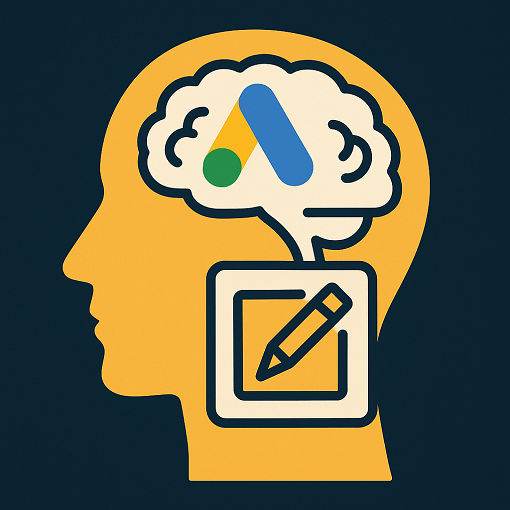If you’re a Go grand master, you may not like Artificial Intelligence right now. Not since the Google-designed AlphaGo trounced the world’s top player, Ki Jie, by 3 games to nil earlier this year. That came after it handed out a 4-1 beating to another top ranked player, Lee Sedol, in 2016.
Or maybe you will. The matches, while not good for the human ego, demonstrated something far more interesting and useful than that a powerful computer can out-think a puny human brain. I mean, that’s no longer news for anyone, right?
What they also demonstrated was that well-designed computing can also find whole new ways of seeing and thinking about problems. During the matches, AlphaGo played a number of moves that, to an expert, were obviously weak, or even bad. Except they turned out to be really strong moves.
And they were moves that a strong player wouldn’t even consider.
Now think about that. Mostly in business – mostly in life, in fact – we look for solutions in the same places we have in the past. While we may not know what the best solution to a problem is, at least we know where to look for it.
But AI is teaching us that that assumption could be totally wrong. And that has serious implications for Google Adwords.
See, most of the work you and we do in Adwords is based on refining what we already know. It’s a good approach: start with what seems sensible based on fundamental principles, test it, refine it based on results, test that, refine some more, and so on. If nothing else, it pretty much guarantees incremental gains over time.
But what if what we already know is only a fraction of what’s possible? “There are huge variations in a Go game,” said one expert after the Sedol/AlphaGo match. “We can’t even read 1% of them.”
Google is taking this result very seriously. It’s now seeing itself as an Artificial Intelligence company and transforming the way it delivers the right advertising to the right device for the right prospect. Its systems are learning (and it’s time to stop using quotation marks when we talk about machines learning) what approaches are likely to deliver the best results.
What are the implications for you (and for Ark Advance, for that matter!).
One important implication is that to take advantage of AI, you need to allow for a period of learning. This will take as long as the amount of lessons your data can provide. For example a website using AI to optimise its advertising to deliver phone calls will learn faster if the site delivers 1000 a week compared to 10.
The old adage “garbage in/garbage out” can now be updated to “insufficient data prevents meaningful results” (with apologies to Isaac Asimov). Many Kiwi companies fall down in this area, and if you’re among them, you’ll want to chat with us about how we can help you build volume where currently none exists.
A second implication is that we humans – Ark Advance included – will have to get used to not being the smartest “machines” on the block. But that doesn’t mean we’re not needed. AI can and does outperform us on many fronts, but humans are still needed to manage the technology and to ask the right questions in the first place.
The lesson here? The future belongs to those who embrace AI without fear, and with a willingness to learn what it does and doesn’t offer. That applies to website optimisation companies and their clients as much as anyone else. Yes, it’s confronting, but it’s exciting too.
Ready?


